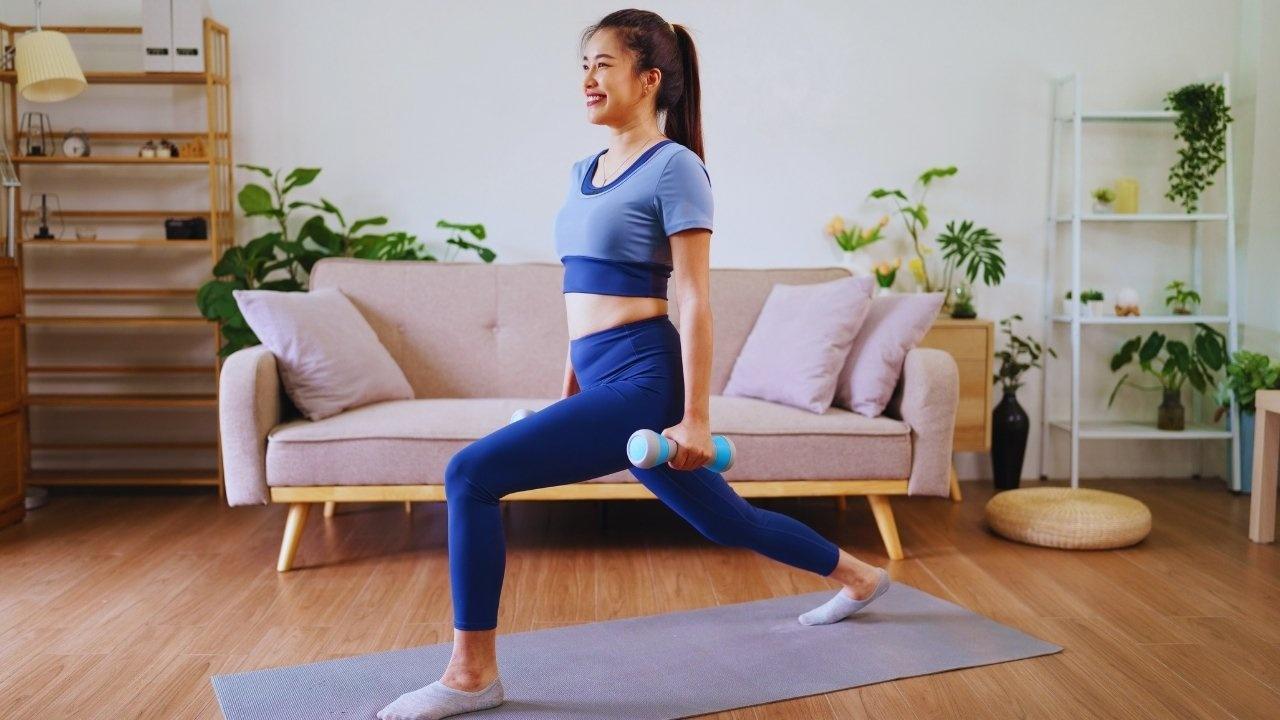You have not yet added any article to your bookmarks!

Join 10k+ people to get notified about new posts, news and tips.
Do not worry we don't spam!

Post by : Anis Farhan
Over recent months, a number of studies have prompted clinicians to reassess where preventive health begins. Rather than complex treatments, experts are spotlighting the everyday routines people keep at home. The emerging consensus: steady, purposeful habits matter more for long-term wellbeing than sporadic interventions or quick fixes.
Clinicians now stress that the first hours of the day influence both physical and mental resilience. New global research links simple morning choices with mood regulation, immune readiness and metabolic balance.
Instead of unlocking your phone right away, expose yourself to daylight by opening curtains or stepping outside. Early light helps anchor circadian timing, which supports daytime alertness and more restorative sleep at night.
Health professionals increasingly recommend drinking water before reaching for coffee. Studies associate morning dehydration with heightened cortisol; a glass of water on waking helps activate metabolism and supports renal function.
Recent fitness analyses suggest brief, low-intensity activities—stretching, a short walk or yoga—are easier to sustain and deliver health benefits comparable to intense workouts. A 15-minute gentle routine can improve circulation and lower inflammation across the day.
Doctors are emphasising not only the composition of meals but also how we consume them during the day.
Research in digestive health finds that slowing your pace and chewing properly reduces discomfort and enhances nutrient uptake. Eating while distracted is linked to greater stress and poorer digestion. Experts advise setting aside about 20 minutes per meal and avoiding screens.
Workplace health studies recommend frequent micro-breaks: five minutes of movement or breathing every 45 minutes of sitting. These short pauses reduce stiffness, improve posture and boost concentration—especially useful for remote workers.
Neurologists and mental health specialists have emphasised how evening habits affect sleep quality. The main finding: wind-down routines shape the depth and restorative value of rest.
Clinicians advise a 30-minute window free of screens prior to bedtime. Blue light from devices suppresses melatonin and can delay sleep onset. Alternatives such as reading, meditation or journaling help calm the mind for deeper sleep.
Environmental studies highlight bedroom temperature, lighting and air flow. Experts recommend keeping the room around 18–20°C, using blackout curtains and ensuring fresh air—adjustments that can reduce insomnia symptoms significantly.
Guidance on diet is moving away from rigid regimens toward balanced, sustainable eating.
Physicians encourage combining fiber, lean protein and healthy fats at each meal. Research indicates this balance steadies blood sugar and prevents afternoon energy dips. The focus is shifting from calories to quality and timing.
Studies linking highly processed foods with chronic inflammation have renewed support for cooking at home. Preparing even a few meals weekly with whole ingredients can lower cholesterol and blood pressure over time.
Health professionals are integrating small, repeatable mental wellness practices alongside diet and exercise.
Evidence from positive psychology shows that noting things you appreciate—whether in a journal or mentally—can lift mood and reduce perceived stress.
Techniques such as box breathing (inhale 4, hold 4, exhale 4, hold 4) are recommended to calm the nervous system. Regular practice can ease anxiety and improve heart rate variability, a marker of resilience.
Preventive medicine data indicate that steady daily patterns—regular sleep, consistent meal timing and routine activity—lower risks for conditions like diabetes, cardiovascular disease and obesity. Doctors stress that prevention is cultivated at home, long before symptoms emerge.
Clinicians repeatedly underline the value of returning to healthy habits rather than aiming for flawlessness. Small, repeated actions—proper hydration, steady sleep, mindful eating—compound into meaningful health gains over time.
The wellness sector is adapting to these insights. Devices that track sleep, hydration and air quality are more common, but experts caution that technology should support—not substitute—intentional living. Ultimately, awareness and moderation remain central to better health.
This article is for informational purposes only and does not substitute professional medical advice. Always consult your healthcare provider before making any significant changes to your lifestyle, diet, or exercise routines.










Study Warns Using AI for Medical Advice Is ‘Dangerous’ as Users Get Inaccurate Health Guidance
A major new study reveals that artificial intelligence (AI) chatbots and tools may give misleading o

Top Sci-Fi Movies Streaming on Netflix This February: Must-Watch Picks for Genre Fans
A curated news-style guide to the best science fiction films currently available on Netflix in Febru

BCCI Central Contracts Shake-Up: Kohli, Rohit Moved to Grade B as Board Reshapes 2025–26 List
Virat Kohli and Rohit Sharma have been placed in Grade B in the BCCI’s 2025–26 central contract list

Dalal Street Spotlight: Top 10 Stocks Investors Are Watching as Markets Open on a High
Indian stock markets begin the week with strong momentum, and several blue-chip and mid-cap stocks a

Market Movers Today: Key Stocks Set To Watch In Indian Markets
Indian equity markets are poised for active trading as several major companies, including Bharti Air

Milan Welcomes the World: Inside the Grand Opening Ceremony of the 2026 Winter Olympics
The 2026 Winter Olympics opening ceremony in Milan marked a defining moment for global sport, blendi